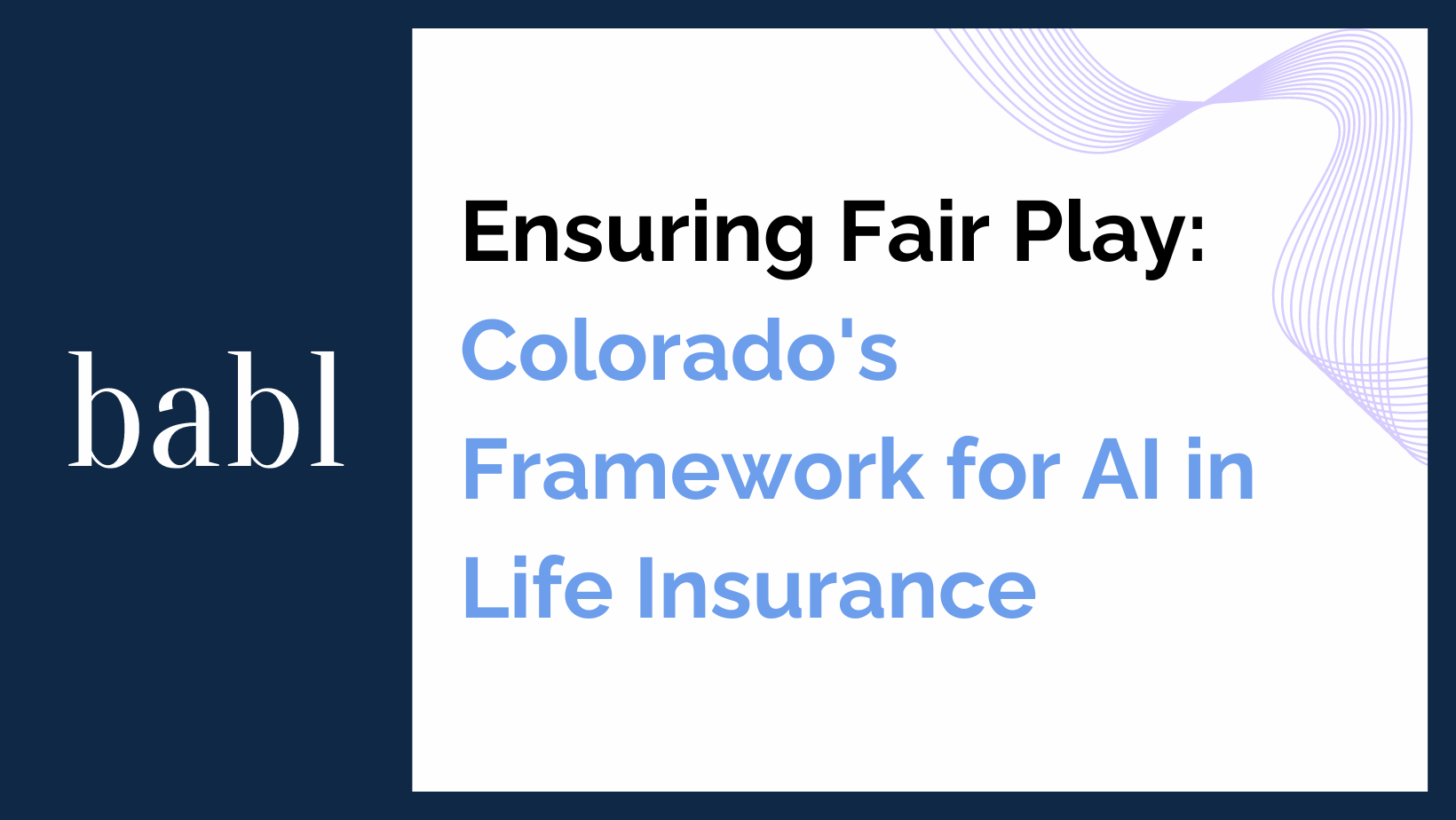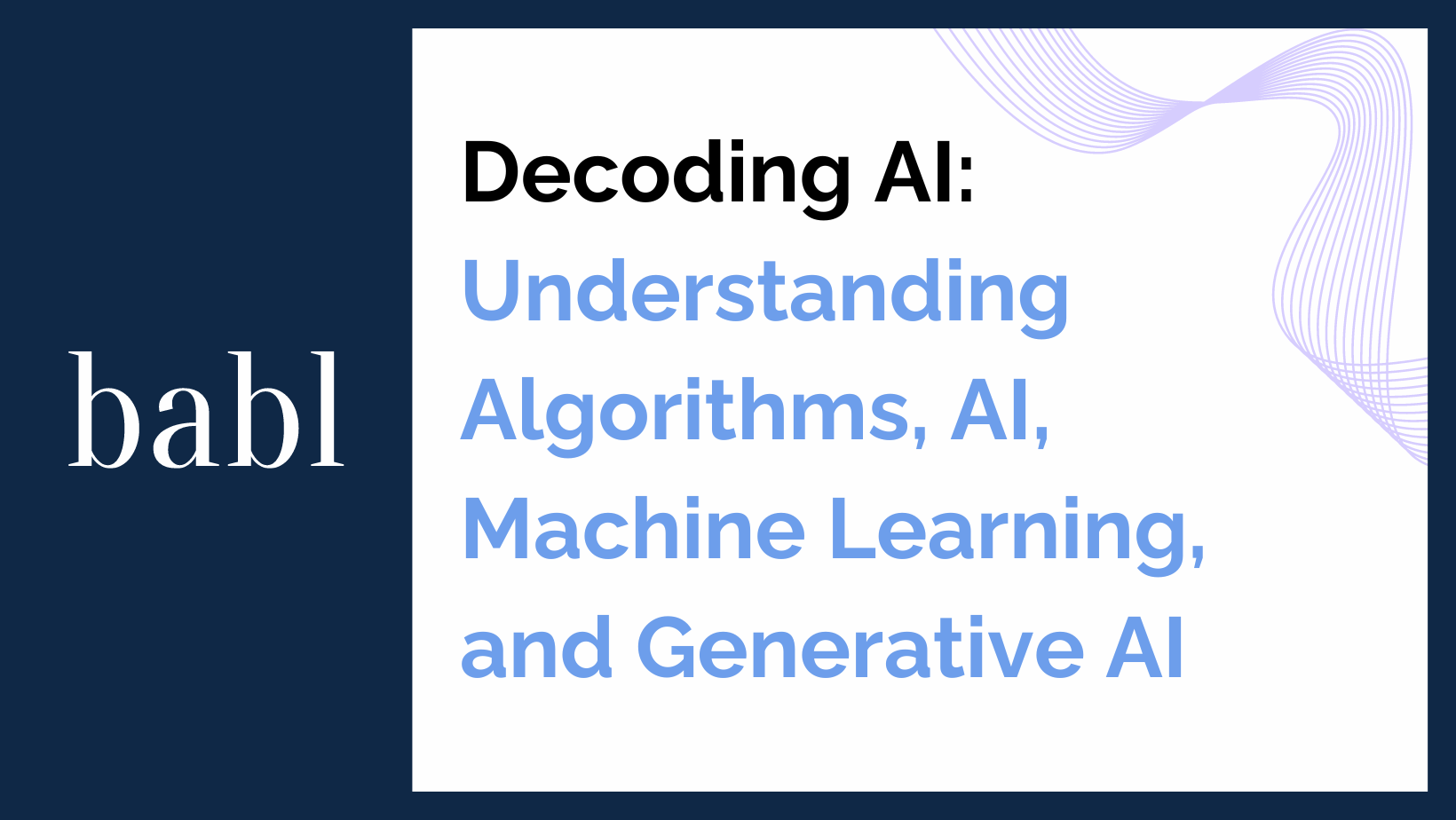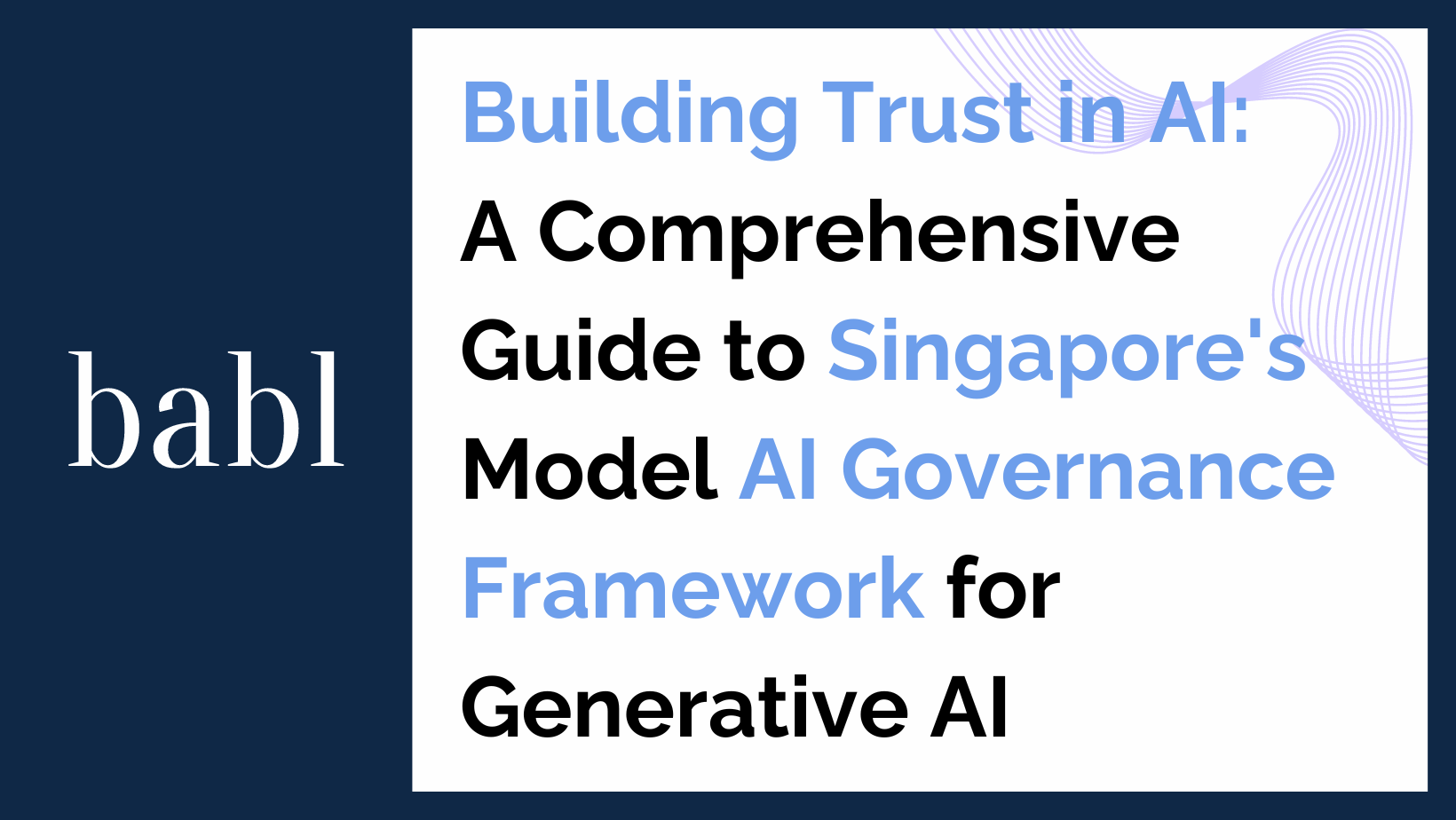Colorado has positioned itself at the forefront of insurance technology regulation with Regulation 10-1-1. Effective from November 14, 2023, this regulation aims to ensure that the deployment of these advanced technologies in life insurance is conducted responsibly.
Understanding Regulation 10-1-1: Scope and Impact
Crafted under the auspices of the Colorado Revised Statutes and championed by the Commissioner of Insurance, Regulation 10-1-1 is designed to protect consumers from potential biases that automated decision-making processes might introduce. The mandate covers all life insurers in Colorado, pushing for meticulous management and oversight over the tech tools they employ.
Key Definitions and Their Importance
Regulation 10-1-1 clarifies crucial terms to ensure legal clarity:
- External Consumer Data and Information Source (ECDIS): Includes data sources like credit scores, social media activity, purchasing habits, and biometric data used to augment traditional underwriting.
- Algorithms and Predictive Models: Computational tools that process ECDIS to aid decision-making within insurance practices.
Robust Governance and Risk Management Framework
The regulation requires insurers to establish a strong governance framework involving their board of directors and senior management. This governance is intended to verify that AI tools and data sources are employed in a manner that avoids unfair discrimination. Insurers must keep a detailed inventory of all tools and data sources, with documentation of their purposes and outputs.
Responsibilities Enshrined in Regulation 10-1-1
Insurers are tasked with several responsibilities under the new framework:
- Documentation and Oversight: Insurers must document the design, development, testing, and operational use of algorithms and predictive models, ensuring transparency in their decision-making processes.
- Consumer Protection: Clear procedures must be in place for addressing consumer complaints and queries related to AI-influenced decisions.
- Annual Reviews and Compliance Reporting: Insurers need to conduct yearly reviews of their practices and report compliance to the Colorado Division of Insurance.
Challenges and Forward-Looking Benefits
While implementing Regulation 10-1-1 poses challenges such as integrating complex technological details into existing frameworks, the potential benefits are significant:
- Enhanced Consumer Trust: Fair use of AI boosts consumer confidence, crucial in the competitive insurance market.
- Promotion of Responsible Innovation: The regulation encourages innovation that is compliant with protective measures, fostering both advancement and consumer protection.
- Market Stability: Standardizing AI use in life insurance helps stabilize the market, preventing disruptions from unchecked technological exploitation.
Conclusion: A Model for Future AI Governance
Colorado’s Regulation 10-1-1 not only protects consumers but also sets a benchmark for ethical technology use in the insurance industry, potentially inspiring similar legislative efforts nationwide. The success of this regulatory approach will likely influence future AI governance strategies, making it a critical watchpoint for policymakers and industry leaders.
Need Help?
If you find yourself in need of guidance along the way, remember that BABL AI‘s team of Audit Experts is here to offer invaluable insights and support tailored to the nuances of the EU AI Act and other global regulations. Reach out today to stay ahead of the curve and ensure your AI practices align with the latest standards and requirements.




